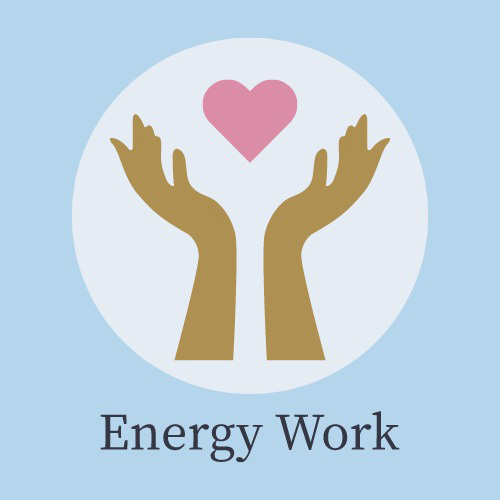How to find the best alternative health practitioner for you

By: Silvie Hylton-Potts
Categories:
How to find the best alternative health practitioner for you
Increasing numbers of people are now exploring natural methods to help them heal. The wide range of treatments on offer can make it confusing for seekers to know where to start and what will truly help them. With the many short and online courses now easily available, it is vital to be able to discern which offerings are genuine, high quality and trustworthy.
Here are some points to consider when looking for the right therapist and treatment for you:
1) First, research the modality that is naturally of interest to you:
Most likely this will be something you have heard or read about, which somehow attracts you. A part of our subconscious mind knows what we most need to heal: we tend to be instinctively drawn to what will help us the most.
Different personalities will be attracted to different techniques. Some people prefer more ‘direct’ techniques such as chiropractic, deep tissue massage or hypnotherapy, others more subtle energy work such as cranio-sacral therapy, reiki or homeopathy. Usually, we respond best to modalities that suit our natural personality and preferences – that we are open to and enjoy receiving. Relaxation and trust are key components to any healing process – the body can only truly heal in a relaxed state.
Research how the methods work and if they can typically help people with the kinds of conditions you are experiencing. Decide on the modality that you are most drawn to right now – then search for a practitioner who is most suited to your needs.
2) Professional qualifications and experience:
When looking for a practitioner, research the place and duration of a practitioner’s training. Find out whether their training was in-person or online. Ask how many years of practise they have had so far and if they have any particular areas of speciality. These days, it is possible to learn modalities such as Reiki in a weekend or even online – however, most people require substantially more training and practise in order to develop the skills, expertise and personal qualities needed to help and support others in a safe, competent and professional way.
Also check if their discipline requires them to be a member of a professional body (such as the General Osteopathic Council) and, if so, that they are registered appropriately. Take the time to do your research to find the best person for you – it may well save a lot of time and money in the long run.
3) Word of mouth:
Whilst different practitioners, therapies and styles will appeal to different people, it is certainly worth listening to the experiences and recommendations of your friends, family and colleagues when choosing a therapist. Tangible improvements are the very best testimonial. Your contacts will also be able to tell you their personal experience of a particular therapy and therapist, and roughly what you can expect.
Reviews from past clients may also be available on a practitioner’s website or on sites such as Google Business or Trustpilot.
4) Personality and chemistry:
The therapeutic relationship between therapist and client is a key part of any healing process. Good rapport, trust and connection is essential in order for you to be able to truly relax, open up and allow the healing to take place. (With a history of trauma or abuse, it can take time to build full trust – this is often a part of the healing process.)
Qualities such as kindness, non-judgemental listening, respect and authenticity are just as important as training credentials. Of course, no human being is perfect. Psycho-analyst Winnicott postulates that a therapist only needs to be ‘good enough’ – in other words possess qualities such as empathy, humility and sensitivity to their client’s needs, as well as technical skill in their chosen field.
Some practitioners offer a free telephone consultation to give you a chance to ask any questions you may have before you commit to a treatment, and explore whether you resonate with them as a person and their offering. Otherwise, an initial session should give you a better sense of whether they are a good person to help you with your healing. Trust your intuition about the person and notice how naturally comfortable you feel in their presence. Listen to your gut feeling if something feels ‘off’ and look for someone who aligns with you better.
5) Ethics:
Your practitioner should always treat you with kindness, respect and as an equal. An ethical practitioner will always empower you to take control of your own health and wellbeing – simply acting as a temporary support and a mirror to help you to better understand and heal YOURSELF. Whilst the treatment is a co-creation between you, the practitioner and the modality – ultimately the actual healing comes from within you (not ‘from the therapist’). The practitioner’s role is to create a safe, caring and supportive therapeutic container for your own inner healing process to unfold.
A practitioner should never encourage you to put them on a pedestal or to see them as “THE healer”. An ethical practitioner will hold space for you to gently heal your wounds, move through any perceived limitations, access your highest potential and blossom into your true self.
The best healers are like emotional detectives, helping you uncover the hidden truths and potential within yourself. They not only help you with improving symptoms, but also with identifying the root cause/s so that you can truly heal on all levels. Do your research and trust your intuition about who you choose to accompany you on your healing journey.
